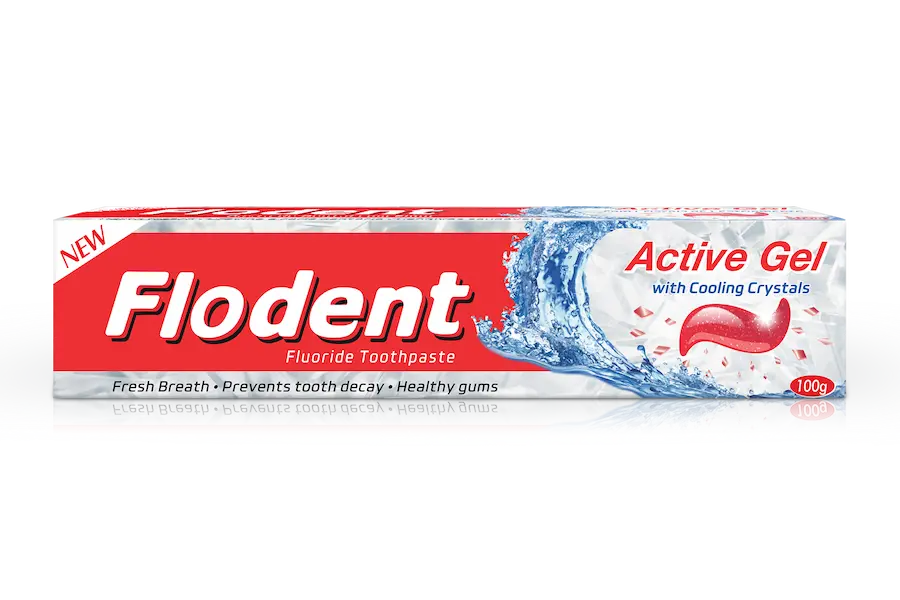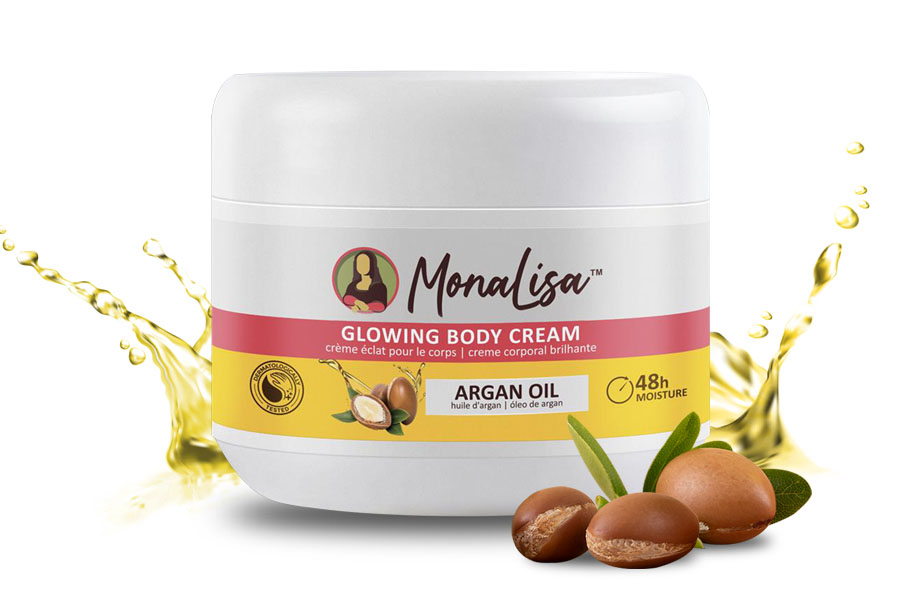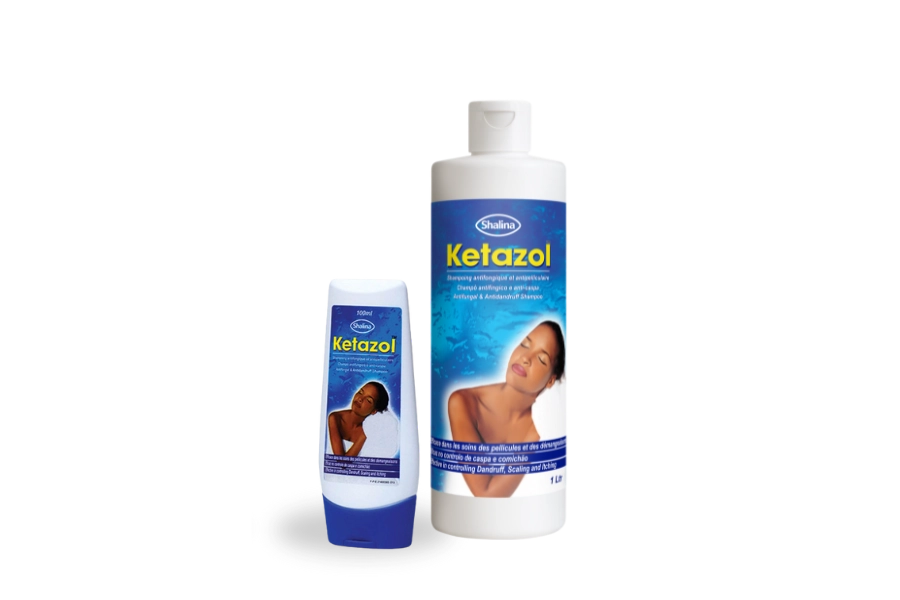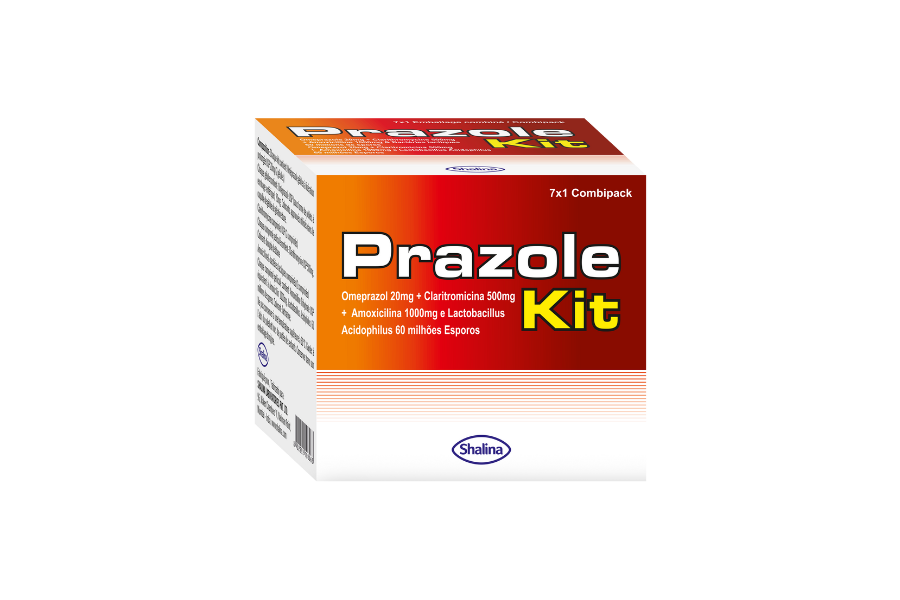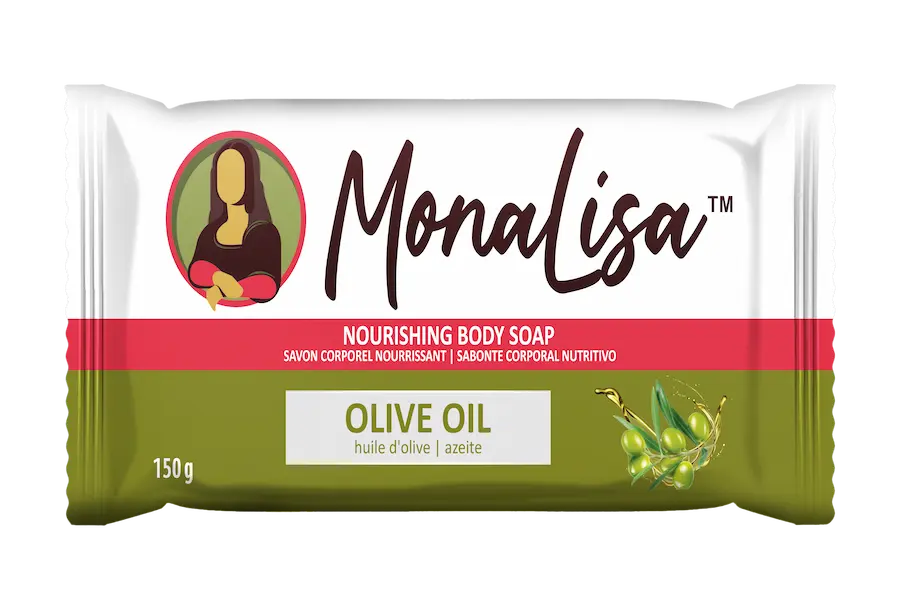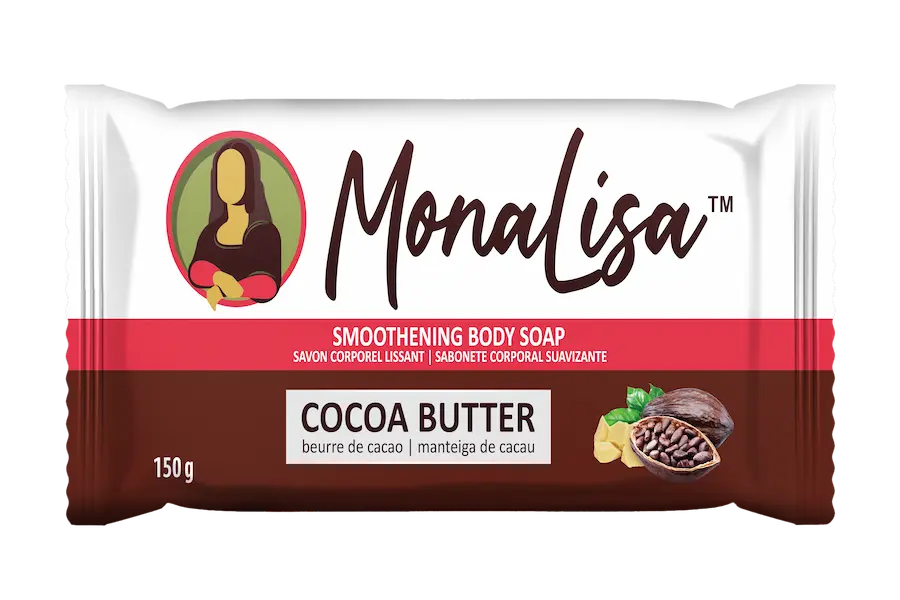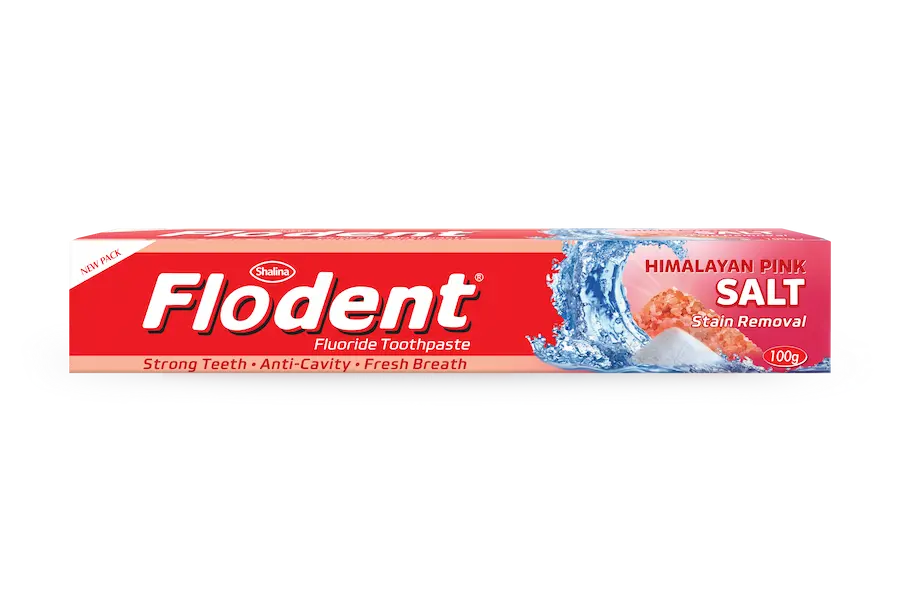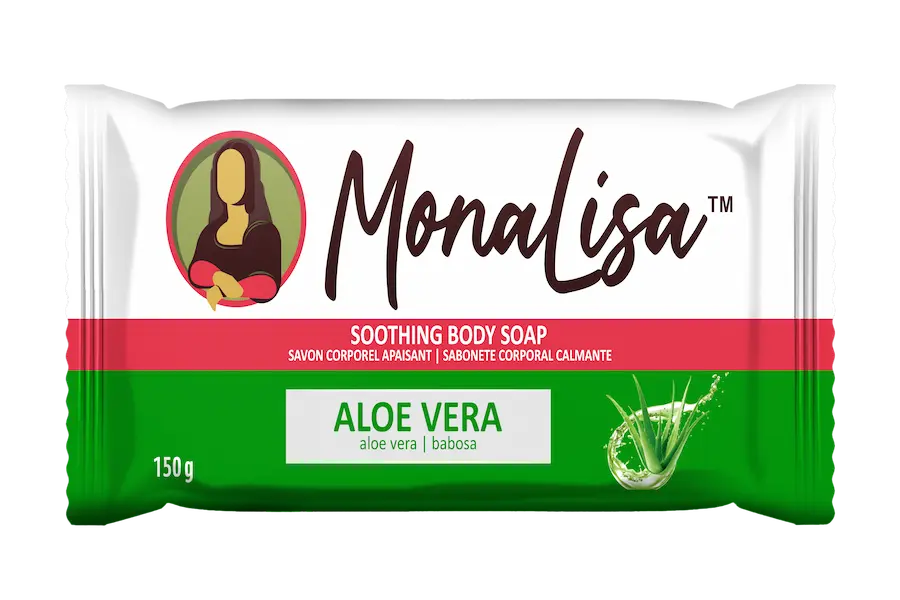When it comes to cholesterol, there are plenty of myths floating around. Let’s clear up some of the most common ones and set the record straight.
Myth: Only men get high cholesterol
Fact: Cholesterol isn’t picky. Women are just as likely to have high cholesterol, especially after menopause, when protective oestrogen levels drop. That’s why regular screening is important for everyone, not only men.
Myth: Children don’t get high cholesterol
Fact: High cholesterol can affect people of all ages, including children. Genetics play a big role here. If a parent has high cholesterol, their child might too. Early detection makes it easier to manage.
Myth: Eating foods high in cholesterol causes high cholesterol
Fact: What you eat matters, but not in the way you might think. Foods high in saturated and trans fats (like processed snacks, fried foods, and fatty meats) raise cholesterol far more than eating eggs or shellfish. Your liver makes most of the cholesterol in your body; diet is just part of the picture.
Myth: All cholesterol is bad for you
Fact: Cholesterol itself is essential for building cells, hormones, and vitamin D. The problem is with too much “bad” LDL cholesterol, which can clog arteries. On the flip side, “good” HDL cholesterol helps clear LDL from your blood. Balance is what matters.
Myth: Your cholesterol level is only determined by eating and exercise
Fact: Lifestyle is important, but genetics can heavily influence cholesterol levels. Even people who eat well and stay active might still need medication if their body naturally produces too much cholesterol.
Myth: Cholesterol only affects overweight people
Fact: While being overweight can increase your risk, slim people can also have high cholesterol. Again, family history and other factors play a role.
Myth: Everyone who takes a statin experiences muscle pain
Fact: Muscle pain is a possible side effect, but most people tolerate statins without any problems. Doctors can also adjust medication if side effects do occur.
Myth: High cholesterol is a Western disease
Fact: High cholesterol is a global issue. Around 39% of adults worldwide have raised cholesterol. In Africa, rates are highest in Northern Africa (about 45%) and lowest in Western Africa (15–20%), with most regions falling in the 20–35% range.
References
https://www.sciencedirect.com/science/article/pii/S2772963X24006562
https://www.cdc.gov/cholesterol/about/myths.html
https://communityhealth.mayoclinic.org/featured-stories/cholesterol-myths
https://medlineplus.gov/cholesterol.html
https://world-heart-federation.org/what-we-do/cholesterol/#












